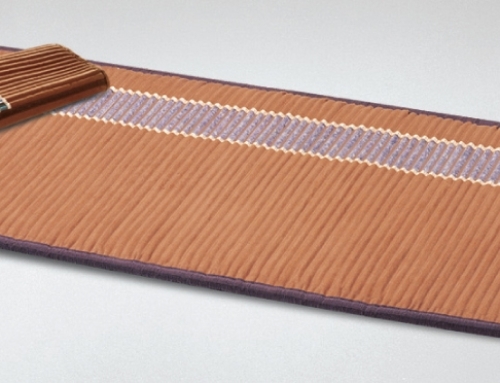In this blog post, we are explaining who should not use the BioMat. First of all, we recognize when you purchase a BioMat, there is a long list of health issues included in the suitcase that Richway International (the BioMat’s parent company) suggests these customers should not use the BioMat. This is a very conservative, thorough approach/list and it is for liability purposes.
While the BioMat has been tested over many years and multiple tests in various countries around the world, there are a few people with health situations who should not use the bio-mat. We feel the following list is much more realistic and at the same time, comprehensive of those who shouldn’t be on the BioMat:
- The BioMat is not recommended if you have an external pacemaker. A patient with an internal pacemaker is safe to use the BioMat and suggested usage is on a low heat setting (green or the first gold setting) if laying on it longer than one continuous hour. Other metal parts located in the body (such as knees, hips, spine, etc.) are OK to be on the BioMat.
- Patients who have kidney failure or renal issues should not use far infrared heat; use of negative ions only is OK. (As far infrared heat increases blood flow and oxygenation rates, more blood is “pushed through” the kidneys quickly, taxing them further when they are already in a compromised state.)
- Heat-sensitive multiple sclerosis (MS) should use only the negative ions or possibly the lowest heat setting. Other MS patients can use and enjoy the BioMat’s full healing benefits.
- Breast implants should use the green settings (low heat).
- If you have had an organ transplant within the past two years, you should not use the BioMat. (BioMat usage may “detox” the new organ, causing the body to reject it.)
- Any body patches (nicotine, hormonal, pain, etc.) should be removed while using the BioMat. (Far infrared heat may increase the patch intake.)
- Babies under the age of six months cannot regulate their own body temperature so they should not be on the Richway BioMat.
Be sure to consult your healthcare provider with any questions.




